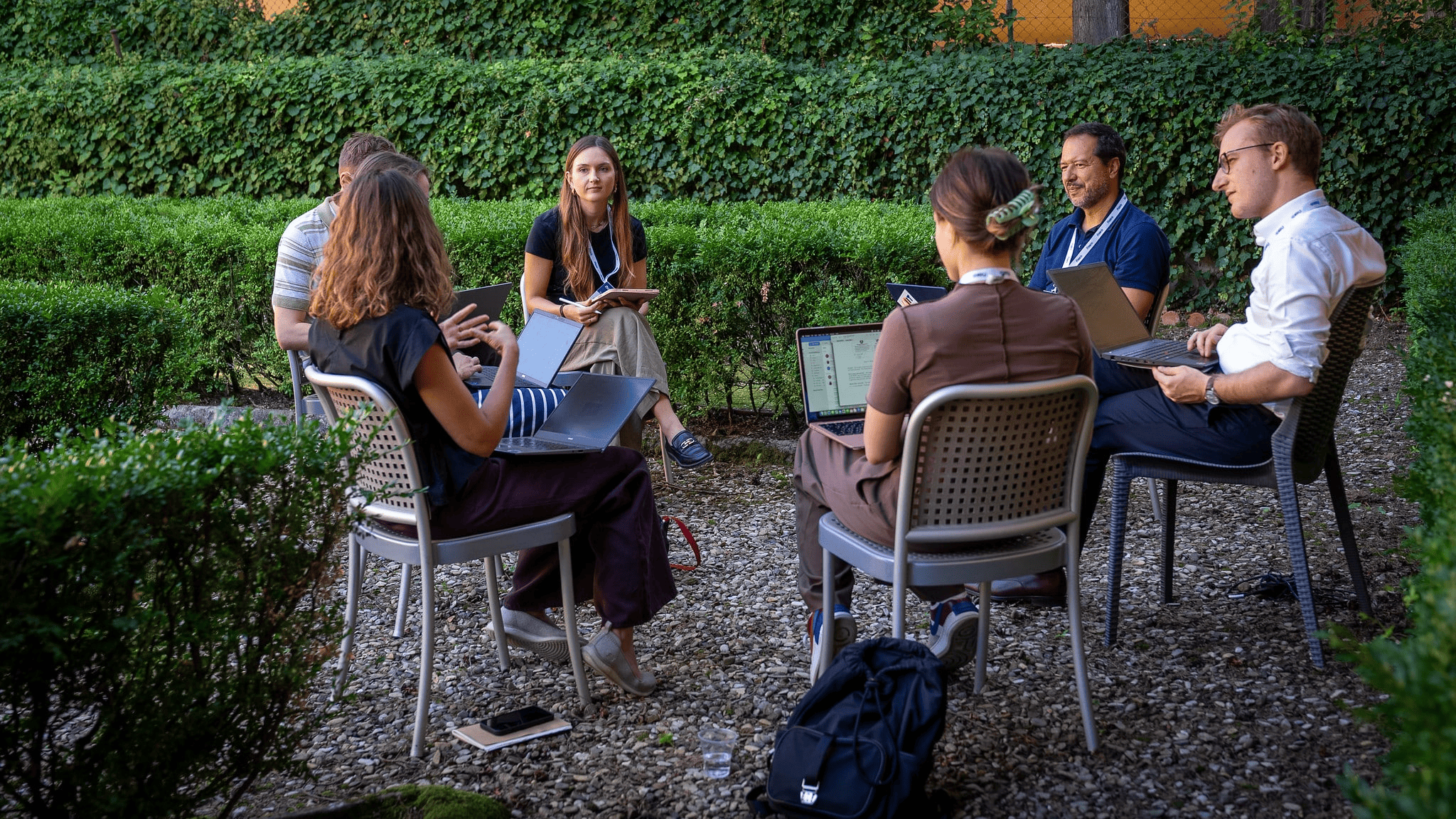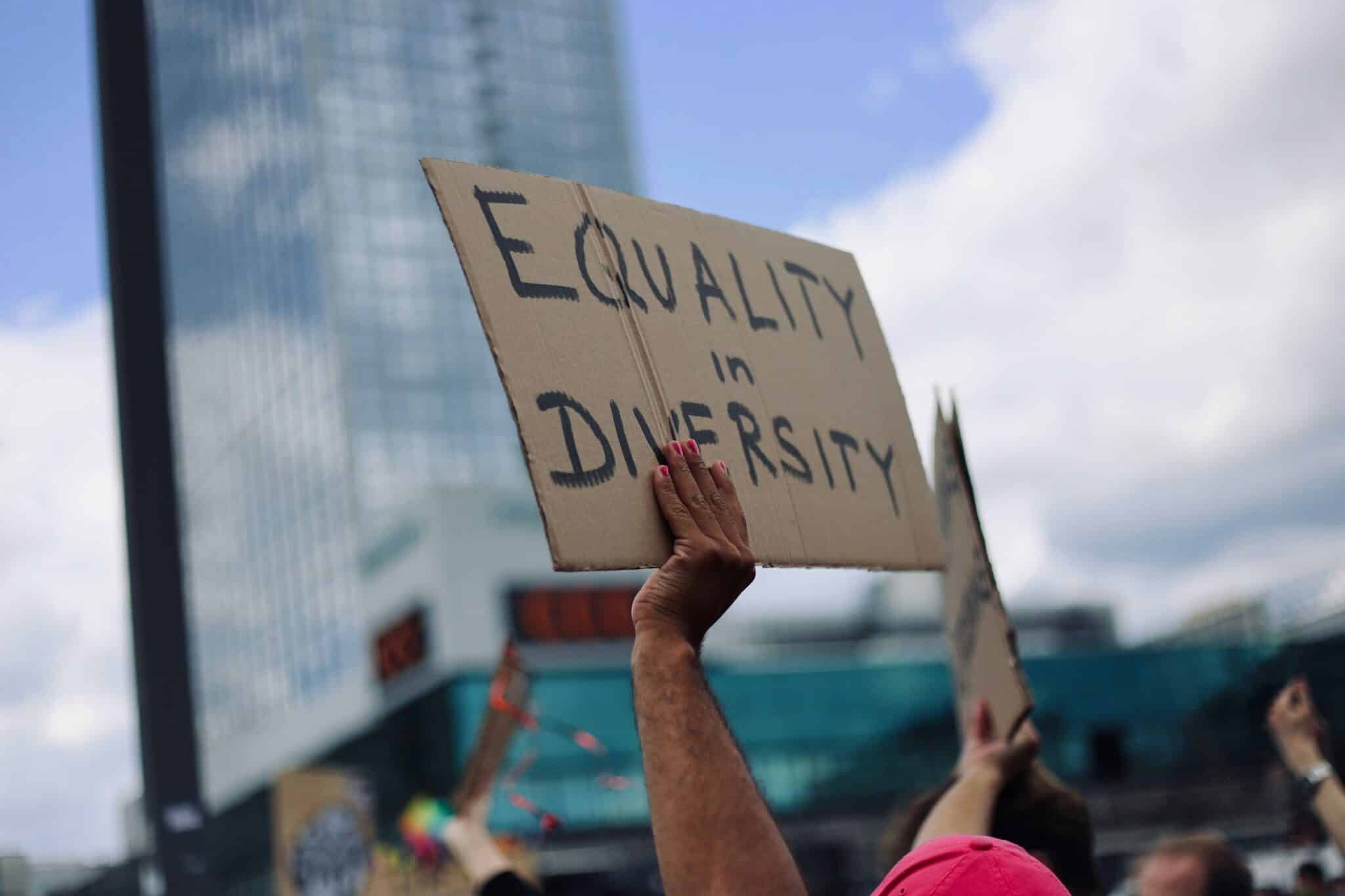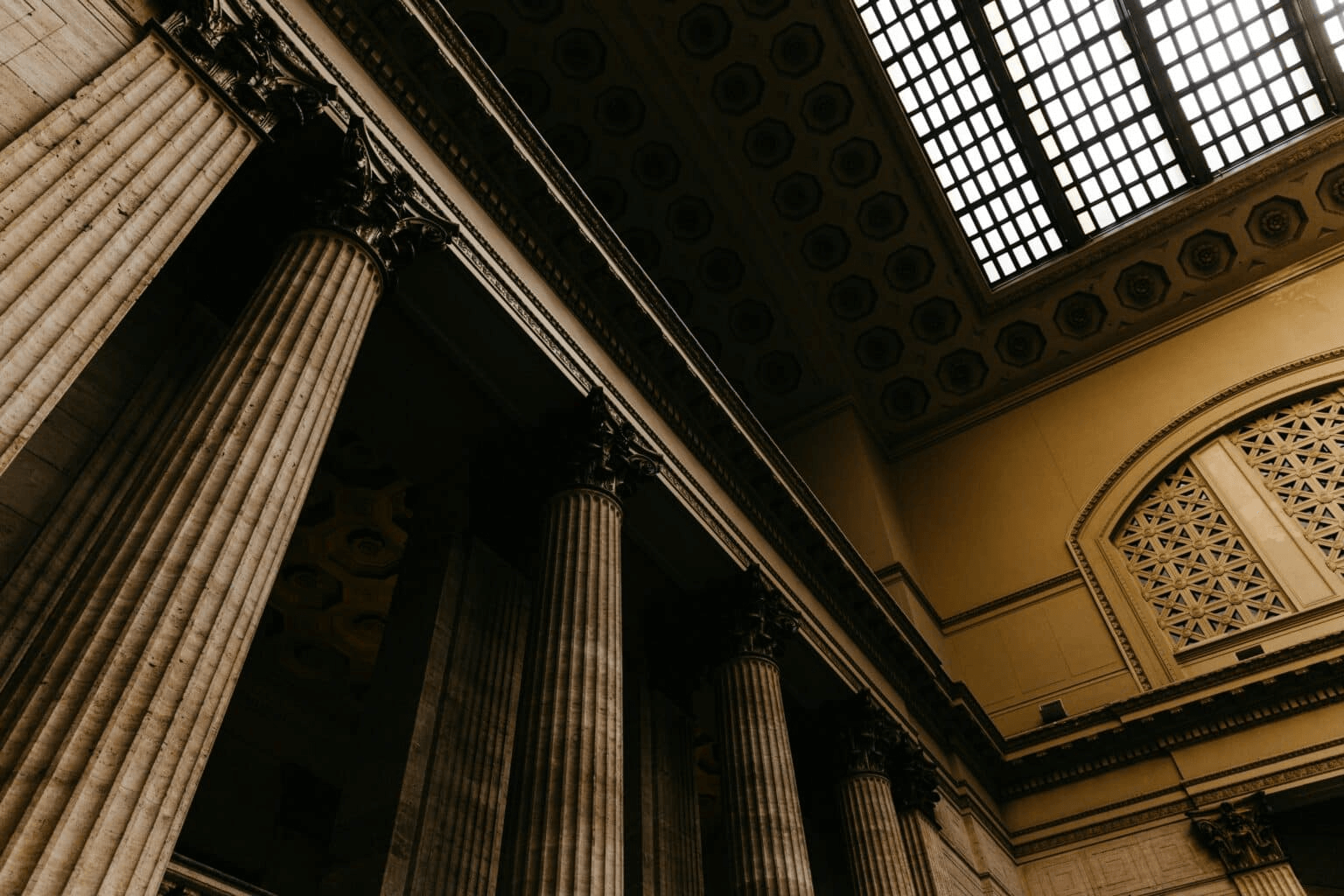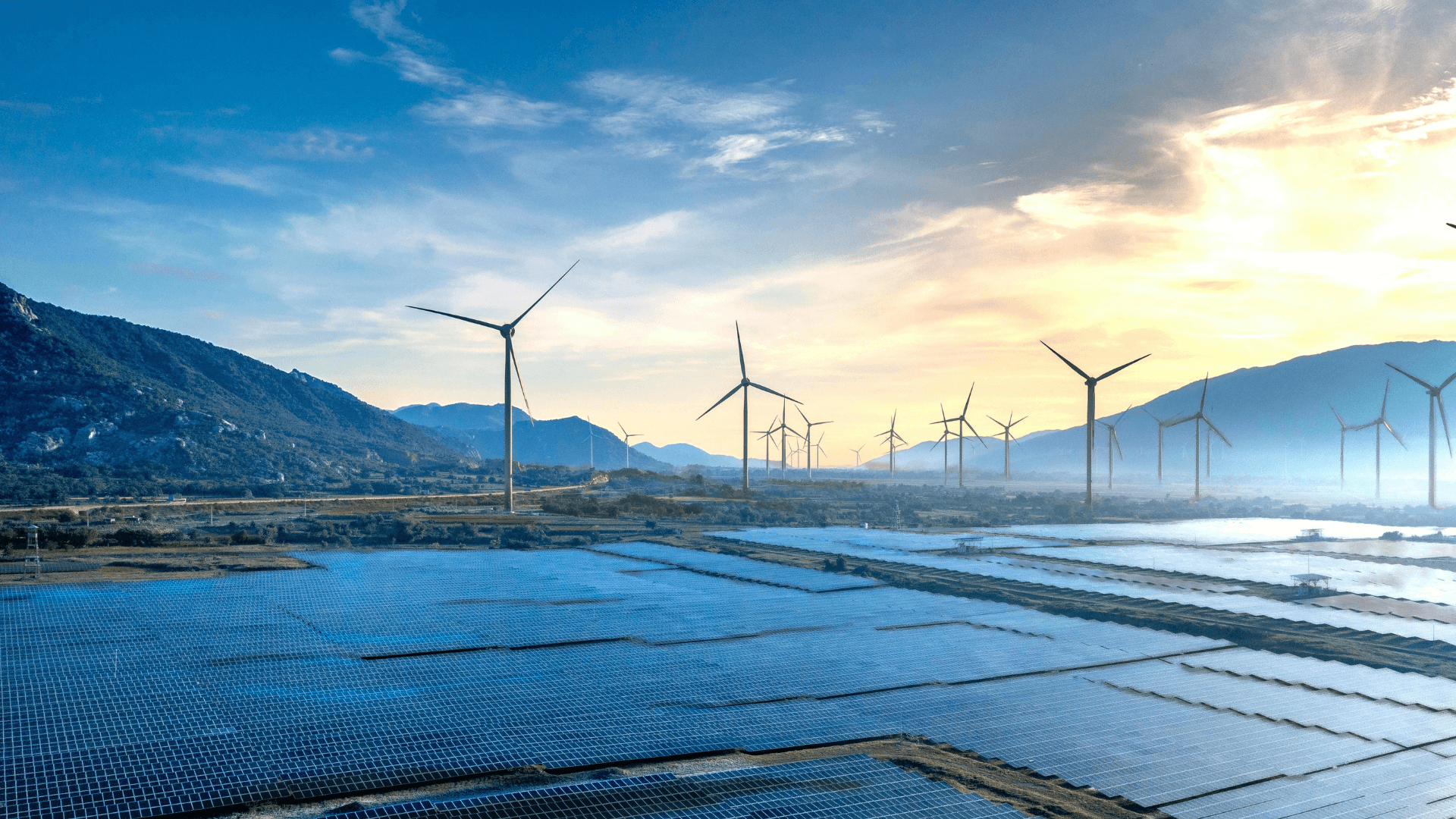Building an EU Equality platform for the energy sector
This is the first instalment of the Topic of the Month: Women in the energy transition
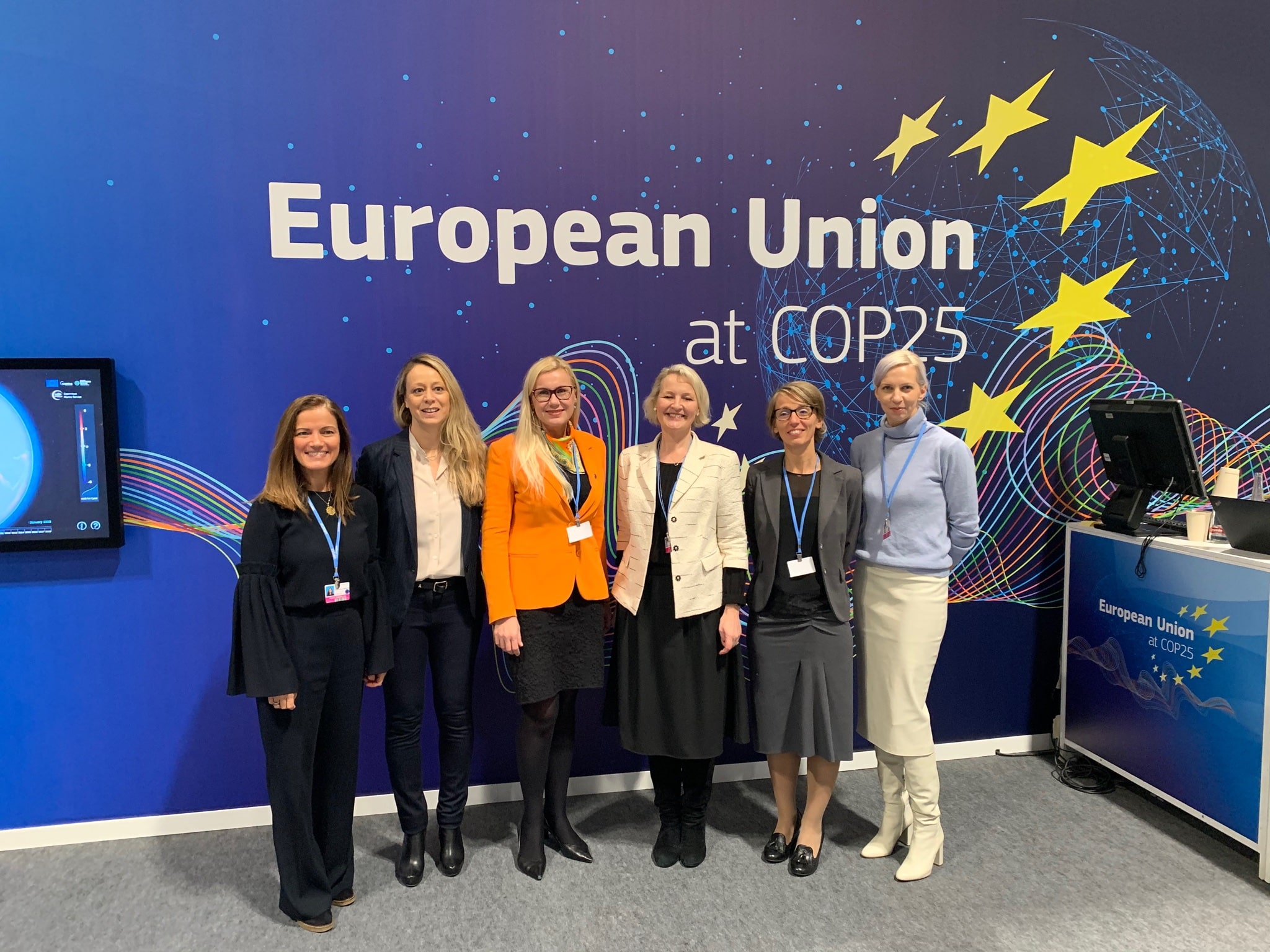
The energy transition is a clear priority of our time and a necessary step to achieve the European Union’s climate targets and make recovery, diversification and independence efforts possible.
When we talk about the energy transition, it is not just about changing our energy systems towards clean energy sources and technologies. We are also talking about a shift from old power relations and established privileges that exclude parts of the population towards the active promotion of equality, diversity and inclusion, in an energy system that is sustainable, resilient and fair.
As investors prioritize environmental, social and governance (ESG) factors, the energy sector must follow suit by empowering those that have so far been barred from decision-making and targeted policies.
While women make up roughly half of the world’s population, in 2023, sectors like energy still rely very little on women, their perspectives and their needs when it comes to designing energy policies and contributing to the sector’s future. But there can be no sustainable vision for the future if we are oblivious to half of the world we serve.
Even if the numbers paint a grim scenario, we knew progressive energy stakeholders were determined to make the sector more equitable. Therefore, in 2021, we set about getting them together and creating a community of like-minded people that could help each other bring their equality measures forward and drive change in the energy sector – we created the Equality Platform for the Energy Sector.
The European Commission launched the Equality Platform at the end of 2021 with a handful of members, and it now includes close to 30 organisations from all corners of the energy sector. The platform aims to give advocates and decision-makers the floor to discuss ways to make workplaces and policymaking in the energy sector more equitable. This means gender equality is a key concern, as are race, age, class, sexuality and disability.
We want to create a network of stakeholders committed to achieving equality and inclusion in their field of action, strengthen and support their commitment, and give them a space to discuss and showcase innovative measures.
In 2023, we want to see the Equality Platform welcome even more members, as we work to make it a cohesive community of equality champions in the energy sector. We hope to see our members develop bilateral and multilateral actions within the Platform. 2023 is also the European Year of Skills, which we trust will set the tone for new opportunities for training and mentoring for women in the sector.
Leadership is a window to organisations, and in the European Commission’s Directorate General for Energy, women are at the forefront of energy policy-making. We have Kadri Simson as our Commissioner for Energy, Ditte Juul Jørgensen as our Director General and six women in eleven senior management positions.
The Equality Platform members met twice in 2022 and the discussions around topics like gender inequality and ableism showed how, no matter how different the challenges of each organisation may be, the strategies are not. The solutions are inevitably about collecting credible data, investing in education and capacity building, networking, using our privileges to champion others and working directly with decision-makers to develop targeted policies.
As Europe grapples with yet another crisis and is faced with the challenge of reconciling energy security and decarbonisation, those strategies are more crucial than ever. Bringing them into fruition is no one person’s job; it takes a village – or a Platform, these days.
Note: Applications to become a member of the Equality Platform for the Energy Sector are permanently open. More information can be found here.
Legal and policy officer at Directorate General for Energy (European Commission).
Lawyer and LL.M. graduate specializing in energy and climate law at the European Commission. Certified in equality and anti-discrimination matters by the Université Libre de Bruxelles.
Talks about #energy law #european green deal #enforcement of EU law #methane emissions #genderequality #intersectionality
Don’t miss any update on this topic
Sign up for free and access the latest publications and insights



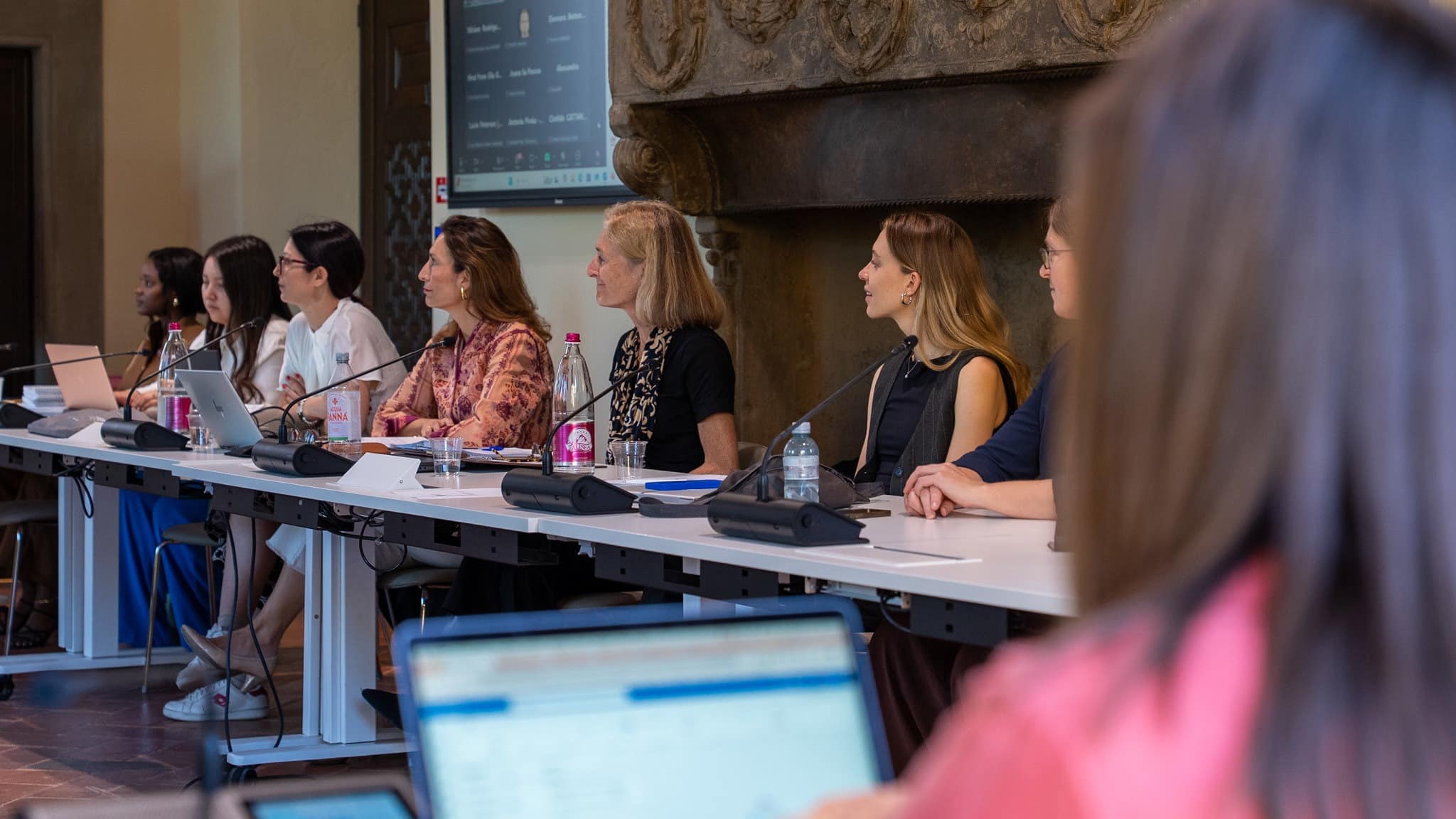
 Joana Simão Costa
Joana Simão Costa





